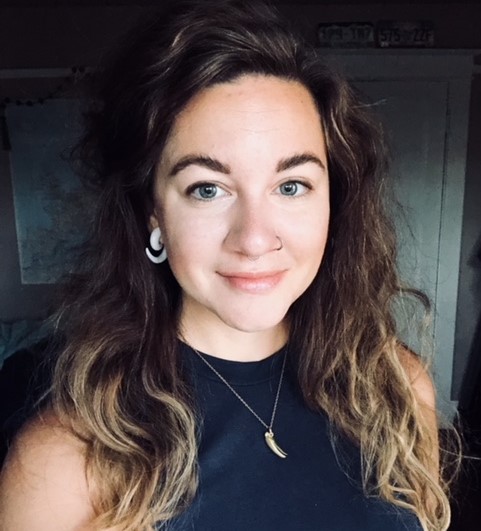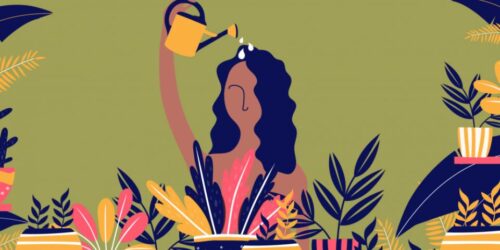Sexual Assault Awareness Month
April is Sexual Assault Awareness Month, a time to raise public awareness about sexual violence and educate communities on how to prevent it.
Did you know that you can report incidents of sexual misconduct and get support at Clark? Sexual misconduct is a type of violence that uses power, control, and/or intimidation to harm another. It includes sexual harassment, sexual assault, domestic violence, dating violence, and stalking. It occurs when there is an absence of consent. Consent is a free and clearly given yes, not the absence of a no, and cannot be received when a person is incapacitated by alcohol or drugs. It doesn’t matter how long ago the incident occurred, or when it happened, there are people on campus who want to support you. Learn more at the Clark College Supports Survivors page.
In honor of Sexual Assault Awareness Month, we interviewed Laura West, who is a Sexual Assault Community Advocacy Specialist at YWCA Clark County.
Interview with Laura West, Community Advocacy Specialist, YWCA Sexual Assault Program

1. You work at the YWCA as a sexual assault advocate, what does an advocate do exactly?
Advocates are here to support you. We are here to listen to your concerns and questions. We are available to connect you to resources, and even further support. Sexual Assault advocates can help you make a police report, or explain the specifics about medical care after a sexual assault. (Only if that is what you want to do!)
Advocates were created because we recognize that if you are going through a dangerous or unhealthy situation, you may not have support. Or you may have support, but it isn’t quite what you need. Sometimes, during intense situations or transitions, people in your life will overwhelm you with opinions or ideas. Advocates only want to hear what you want to do. We want you to feel like you have an objective sounding board. We want you to have a space to vent, to be angry, to cry, to talk, to plan.
2. What should someone expect if they decide to talk to an advocate?
Advocates want to listen to you! We take what you say seriously, and we don’t minimize your experience. Advocates are not easily shocked, we don’t flinch at you, and we do not take over with our own agendas. Just remember, advocates are not therapists. Advocates can’t do on-going therapeutic support, give legal advice, or make decisions for you. Expect to speak to someone who will not judge you, and will give you as much encouragement and information as we can, so that you feel strong in making your decisions moving forward.
In the end, it comes down to two people having a conversation, within a little bubble of safety constructed out of privacy and anonymity.
3. Is the YWCA only for women?
The YWCA is for everyone! While we have a kick-ass slogan that states we are working towards eliminating racism and empowering women… we want individuals regardless of their gender identity to feel comfortable here. Domestic violence and sexual assault can impact anyone, regardless of gender or sexuality, and it can affect people at any point in their lives.
4. What kinds of services does the YWCA Sexual Assault department offer?
One of our main services is our 24/7 hotline we share with SafeChoice. There are advocates available for both domestic violence and sexual assault, and you will always speak with a compassionate human. Here in the Sexual Assault program, we have several advocates, including those that specialize in legal advocacy and community support. We have a therapist who is specifically trained in the dynamics of the healing process after an assault. Regularly, we are able to host healing workshops that explore different ways to try self-care, and these workshops vary from two hours to full days. We offer a support group for survivors of sexual assault (as of right now we only have a women’s one running, but it varies) and a teen girls support group. Our program really recognizes that healing looks different for everyone and that accessing support can vary day by day. Our prevention and education programs can help you learn about how to stop interpersonal violence before it starts, how to feel empowered having conversations that may feel weird or icky, and how to feel strong and informed about consent and your personal rights. For more information about YWCA Clark County visit our website!
5. Why are you passionate about this work?
I initially started because I noticed that there are issues, such as sexual assault, that are ‘swept under the rug’. As a society, and on an interpersonal level, we struggle to face the true realities of daily life for many individuals.
I then started to realize that certain people (people of color, those with disabilities, Gender non-conforming, female-identified, and Native Americans, to name just a few) will face these problems more often, and will be more isolated than others.
It is about understanding that not everyone will experience the same struggles, or feel the struggles the same way, that I do. So, I am passionate about acknowledging the barriers that not all humans will face… and then being responsible, as a white, cis-gender woman, with this acknowledgment.
I wanted to reach out the individuals who are struggling, who can barely keep their heads above water, whose problems are ignored, who are viewed as less important, and hopefully create connection and feelings of safety.
I am passionate because there is no reason, or excuse, for the oppression experienced on a daily basis, and having that conversation every day chips away at the ‘norm’. I am passionate about creating spaces of inclusivity and healing.
6. Are there books, films, or other resources related to anti-violence that have influenced you or that you would recommend?
I am influenced by a ton of content! Some of my favorite (recent) books are
The Power –Naomi Alderman (book)
Exit West – Mohsin Hamid (book)
Algorithms of Oppression – Safiya Umoja Noble (book)
Buzz – Hallie Lieberman (book)
A few great things to watch…
Nanette – Hannah Gadsby (comedy special)
Homecoming King – Hasan Minhaj (comedy special)
Interested in learning more about the impact of sexual violence on society? Want to watch a film that portrays powerful messages about what it means to be a victim and a survivor? Check out the Library Catalog! Not sure where to start? Ask a Librarian



